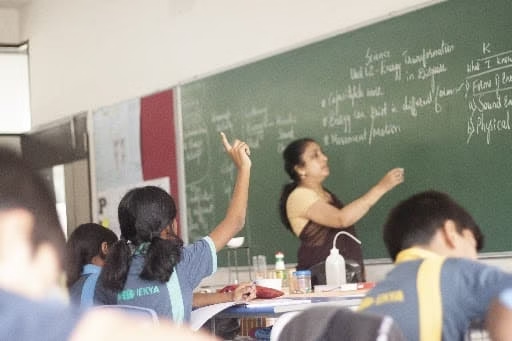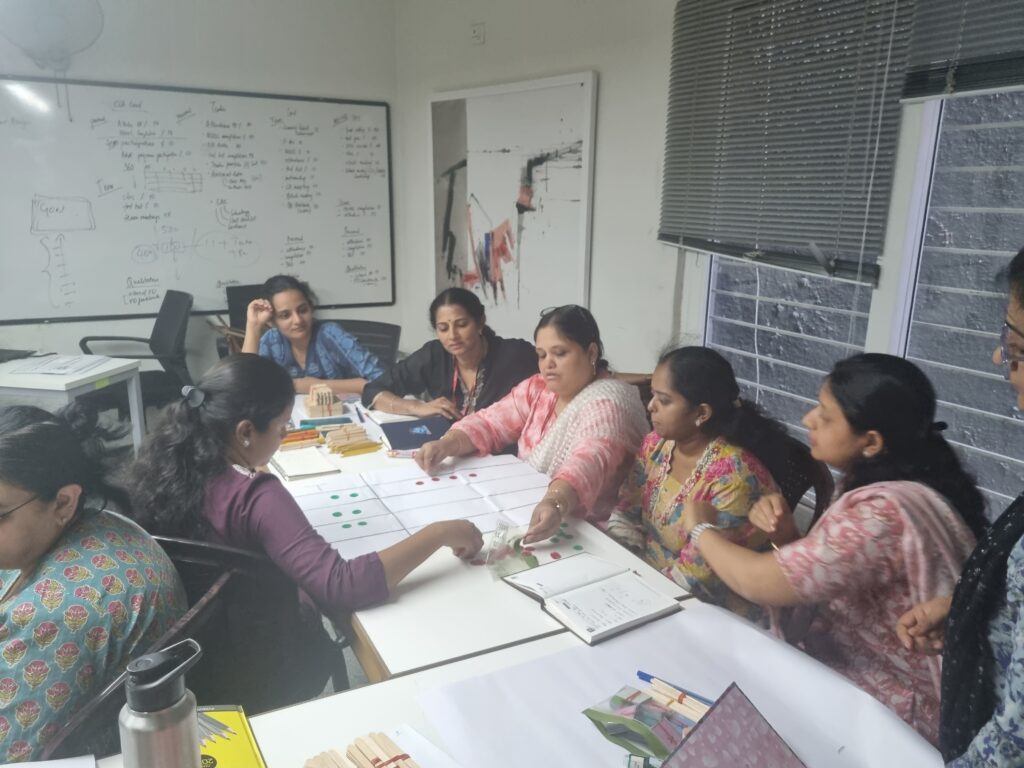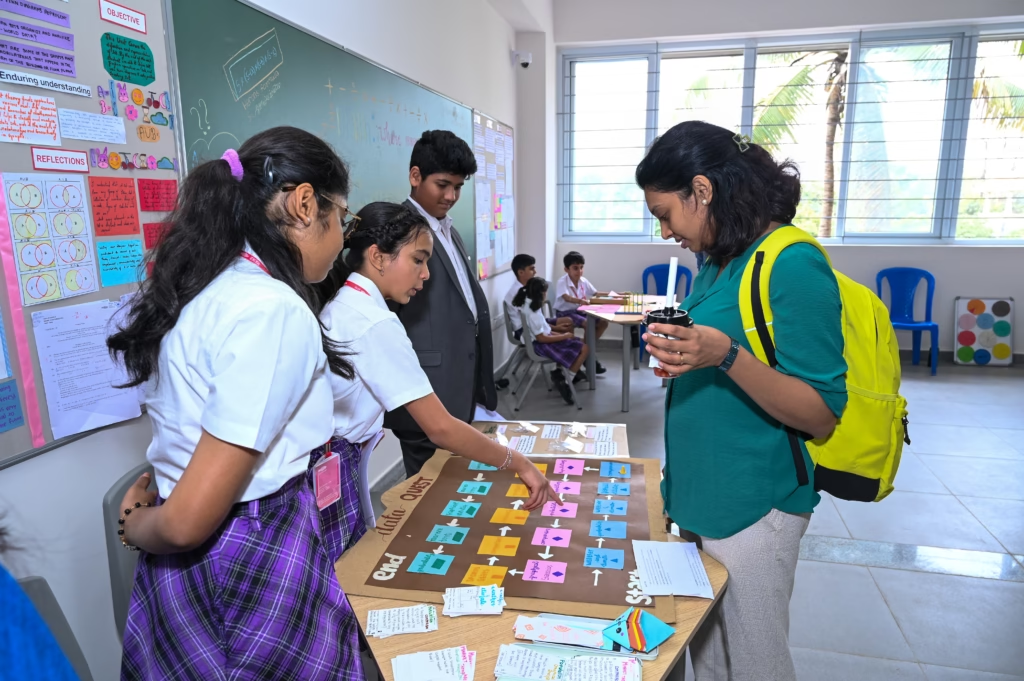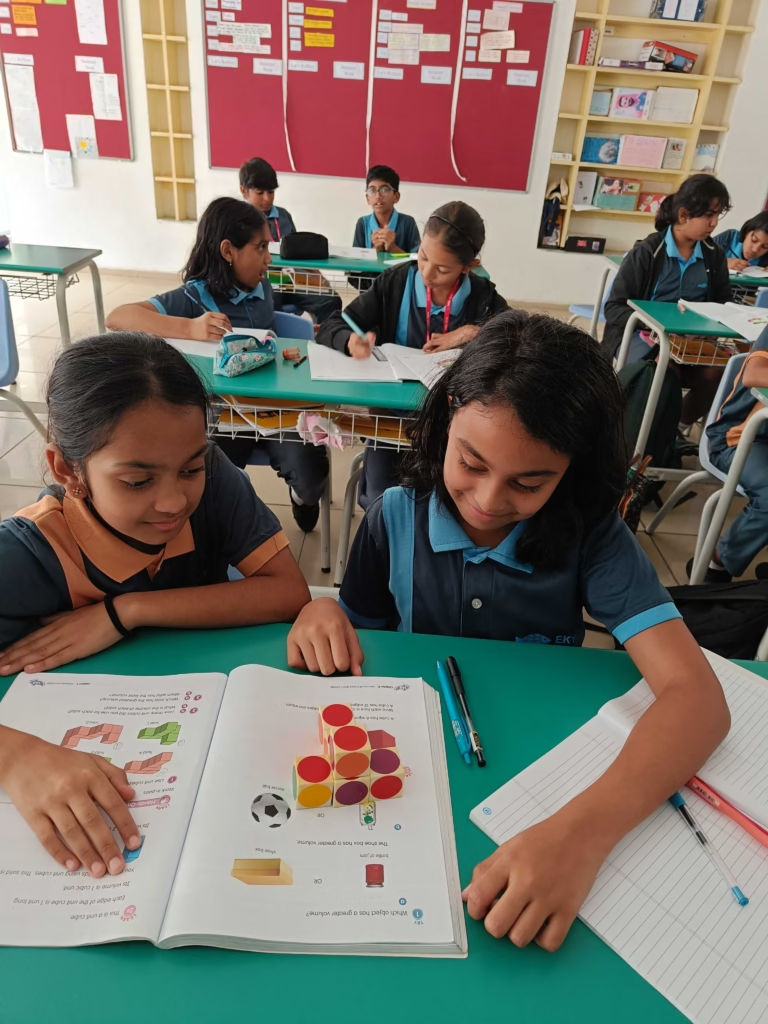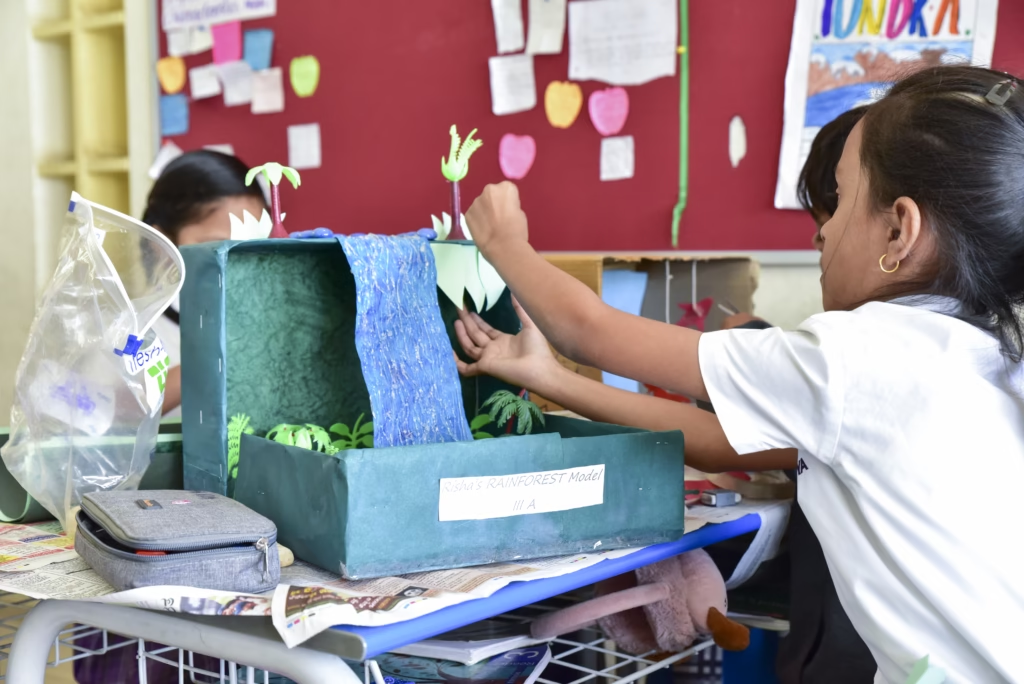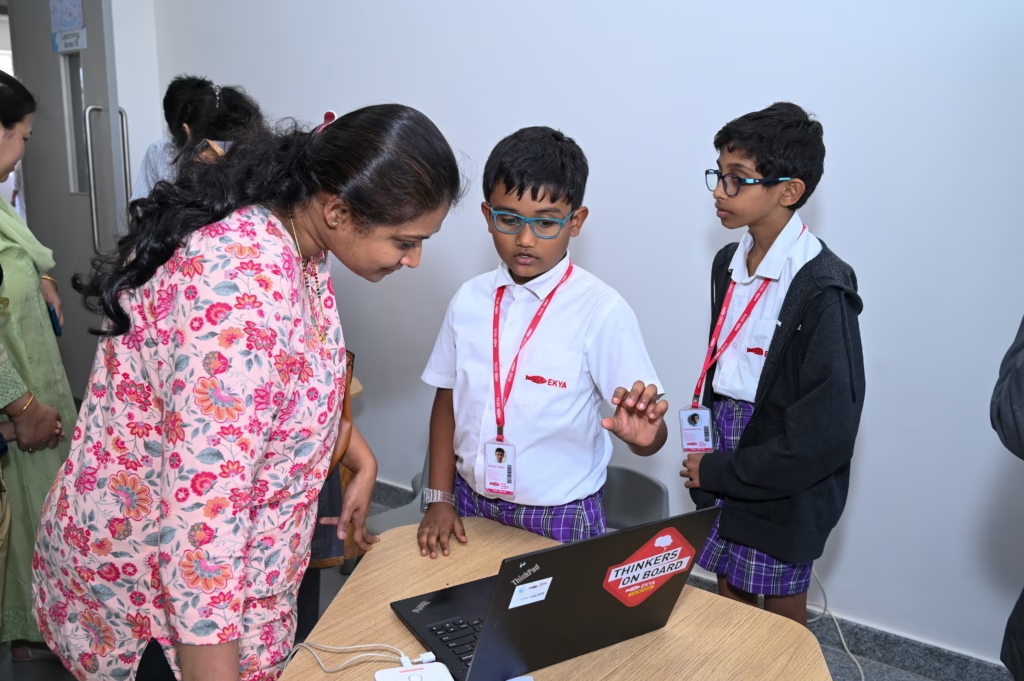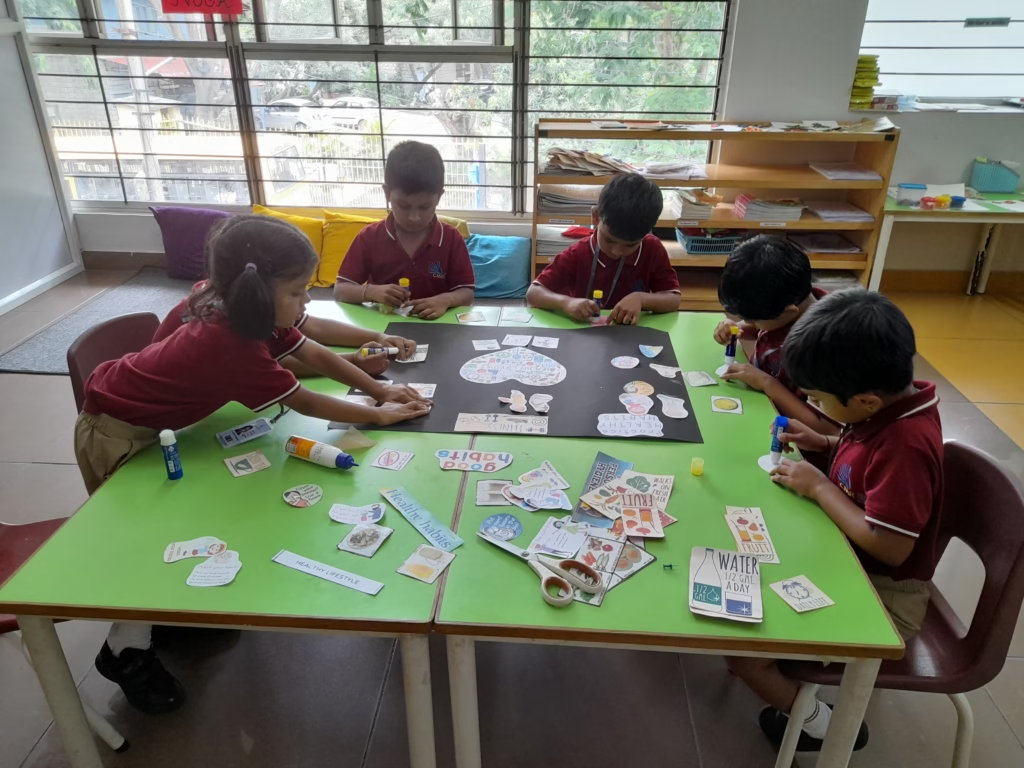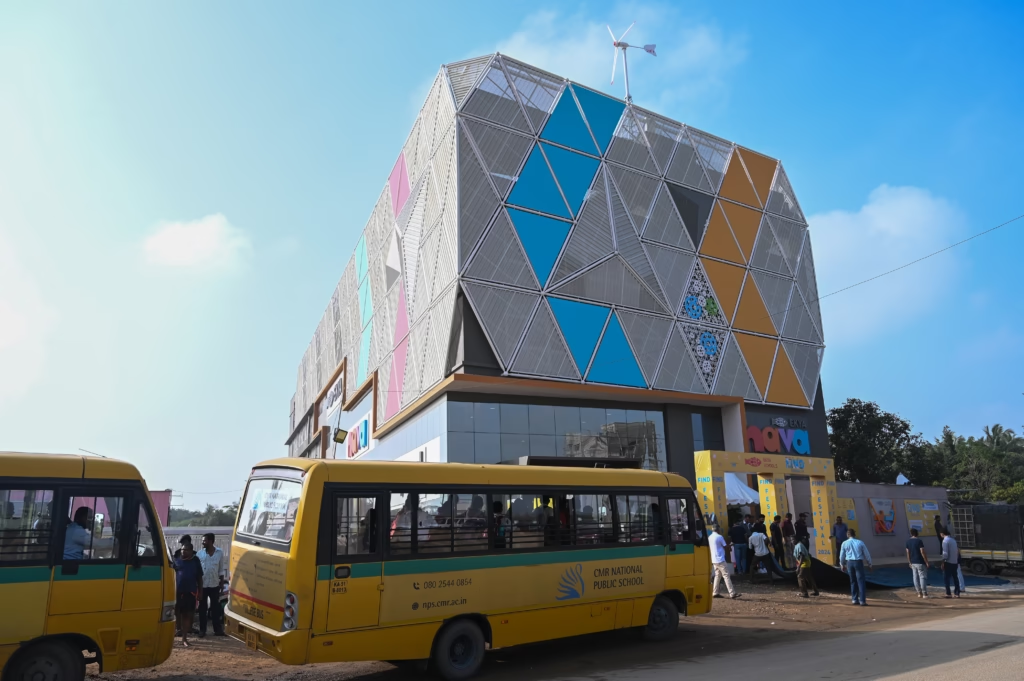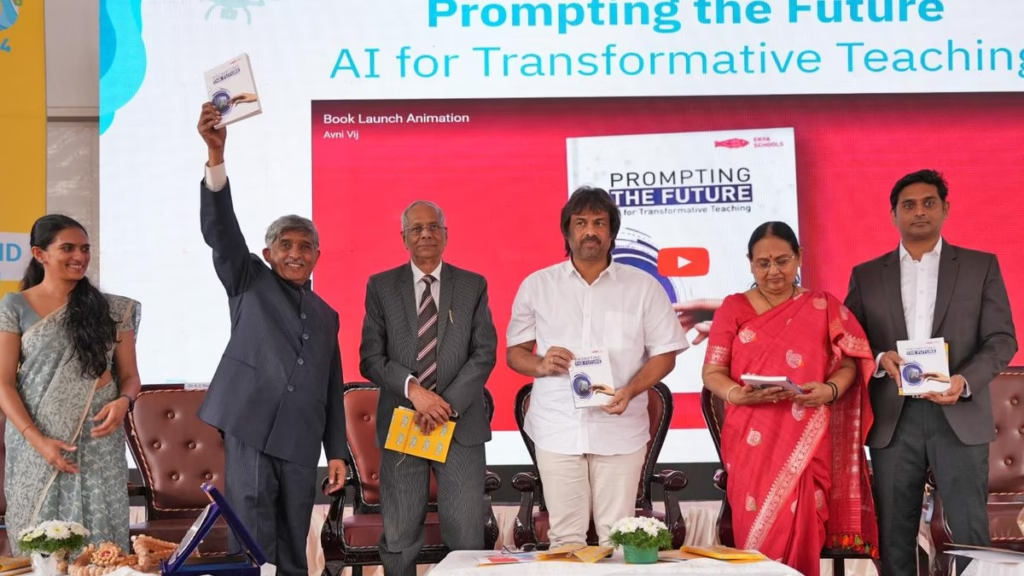Weekend Wonders: Creative Activities for Unforgettable Family Time
Weekends are the perfect opportunity for families to come together and create lasting memories. Embracing the principles of Montessori Schools in Bangalore, families can engage in creative activities that promote learning while having fun. These activities not only foster strong family bonds but also encourage children to explore their creativity and independence. Let’s dive into some wonderful weekend activities that will make your family time unforgettable, inspired by the enriching environments found at the best Montessori schools in Bangalore. The Montessori Approach to Family Bonding Central to Montessori philosophy is a profound respect for the natural curiosity and capabilities of children. Montessori Schools in Bangalore encourage learners to engage in self-directed activities that nurture their cognitive, physical, and social-emotional development. This same principle can be applied to family activities, empowering both parents and children to explore, discover, and learn together. Embrace the Power of Imagination One of the hallmarks of the Montessori method is the emphasis on imaginative play. Families can harness this approach by engaging in role-playing games, storytelling, and creative arts and crafts. Whether it’s building a fort out of blankets and pillows or staging a backyard theater performance, these activities ignite the spark of imagination and promote collaborative problem-solving. Encourage Hands-On Exploration Montessori Schools in Bangalore are renowned for their hands-on, experiential learning approach. Families can bring this spirit of exploration into their weekend activities by engaging in science experiments, cooking together, or embarking on nature-based scavenger hunts. These tactile experiences not only foster a deeper understanding of the world around them but also strengthen the bond between parents and children. Cherishing moments, creating lasting memories. Engaging Weekend Activities for Families Backyard Camping Adventure Transform your backyard into a cosy campsite and embark on an outdoor adventure. Pitch a tent, roast marshmallows over a fire pit, and engage in stargazing. Encourage your children to help with setting up the campsite, encouraging a sense of responsibility and ownership. This activity not only creates lasting memories but also allows families to disconnect from the digital world and reconnect with nature. Themed Arts and Crafts Day Unleash your family’s creativity by dedicating a day to arts and crafts. Gather a variety of materials, such as paints, clay, recycled items, and drawing supplies, and let your children’s imaginations run wild. Encourage them to create their own masterpieces, or organize collaborative projects where everyone contributes to a larger piece. Display the final products proudly, celebrating the unique talents and perspectives of each family member. Scavenger Hunt Extravaganza Stimulate your children’s problem-solving skills and sense of adventure by organizing a scavenger hunt around your neighborhood or local park. Hide clues and challenges that lead them on an engaging treasure hunt, fostering teamwork and communication. You can even incorporate educational elements, such as identifying local flora and fauna or exploring the history of your community. Culinary Creations Invite your children to join you in the kitchen and embark on a culinary adventure. Assign age-appropriate tasks, such as measuring ingredients, mixing batters, or decorating the final product. Encourage them to experiment with new recipes or put a creative spin on family favorites. The act of cooking together not only nurtures essential life skills but also provides an opportunity for quality bonding time. Making memories, one meal at a time. Family Game Night Set aside an evening for a lively family game night. Explore a variety of board games, card games, or interactive digital experiences that cater to different age groups and interests. Encourage friendly competition and sportsmanship, while also fostering communication, strategic thinking, and good-natured laughter. Embracing the Montessori Mindset at Home The principles of the Montessori approach, as exemplified in Montessori Schools in Bangalore, can be seamlessly incorporated into family activities. By fostering a sense of independence, creativity, and collaboration, parents can create an environment that nurtures their children’s growth and strengthens the family bond. Whether it’s engaging in hands-on experiments, embarking on imaginative adventures, or simply enjoying quality time together, these weekend wonders can leave a lasting impact on your family. By embracing the Montessori mindset and infusing it into your family’s activities, you can unlock a world of possibilities for unforgettable memories and cherished connections. So, as you plan your upcoming weekends, consider how you can draw inspiration from the engaging and enriching approach of Montessori Schools in Bangalore and other leading schools in Bangalore. Unleash your family’s creativity, foster a spirit of exploration, and revel in the joy of quality time together. After all, these are the moments that will become the treasured cornerstones of your family’s story.


